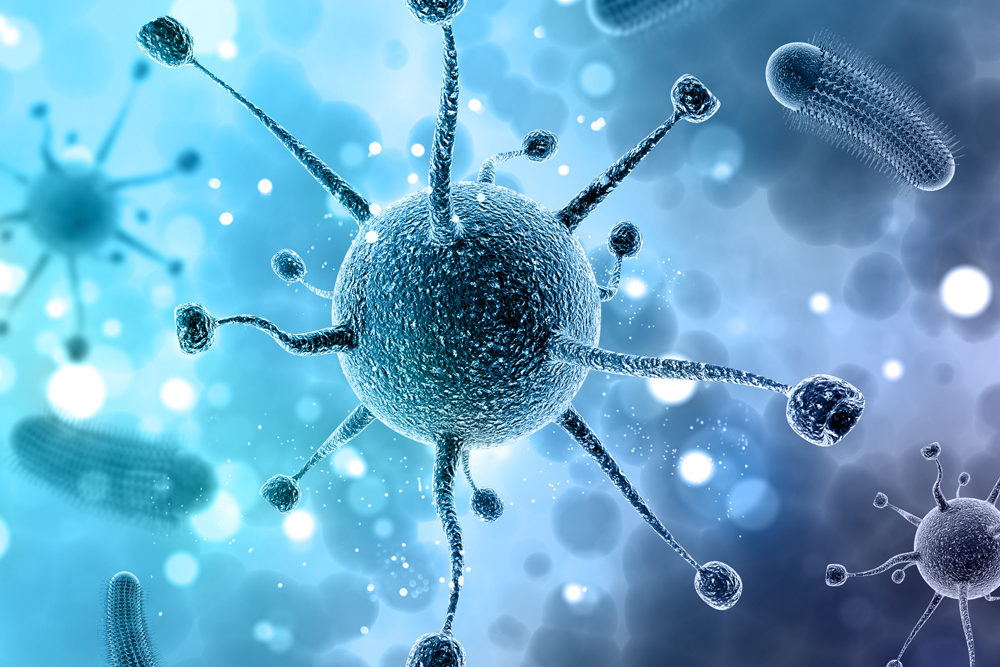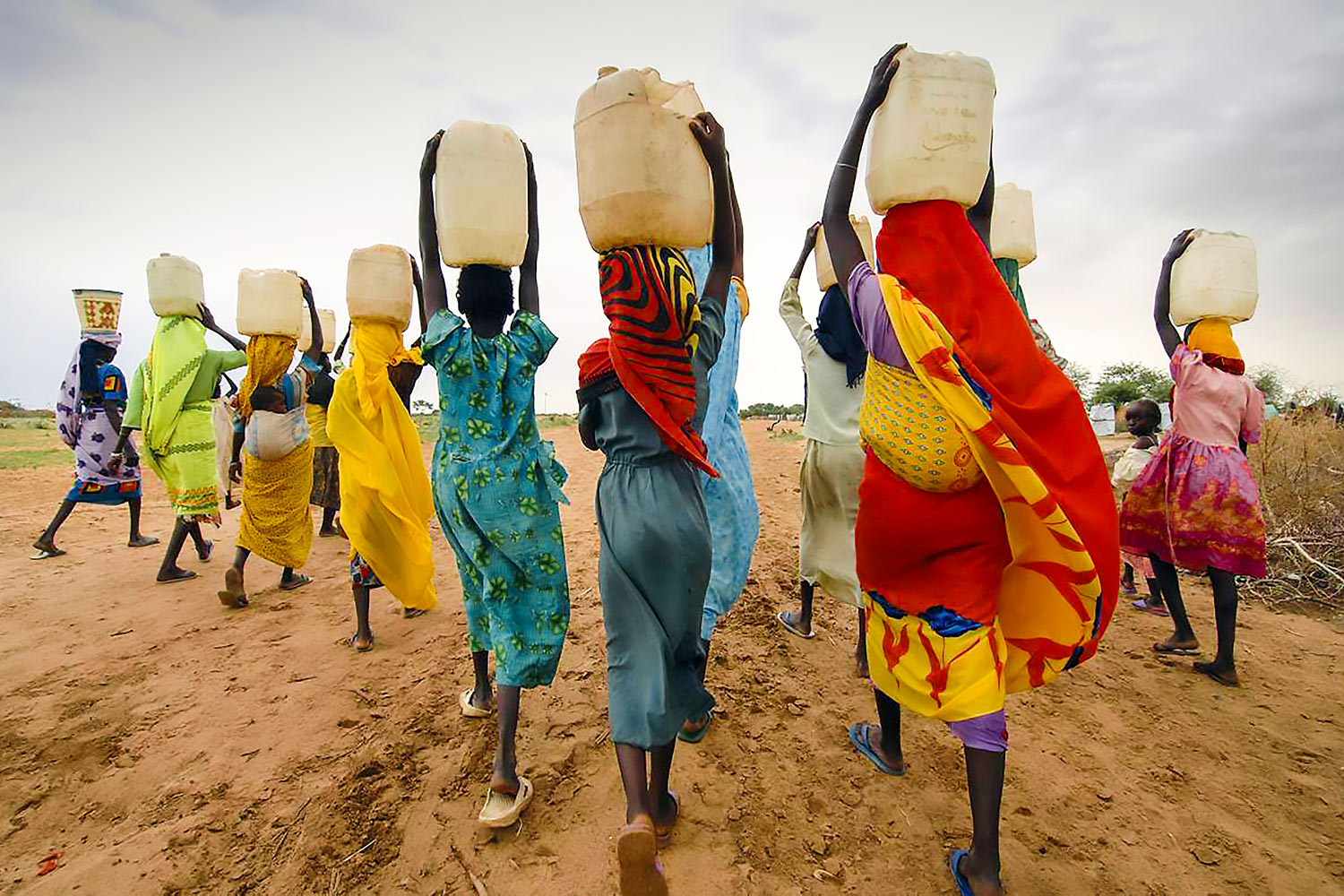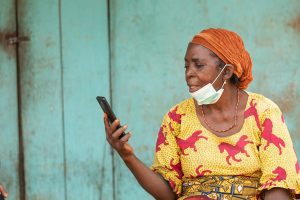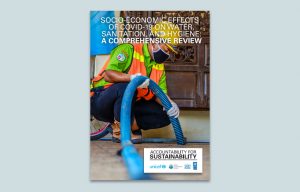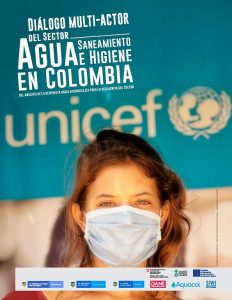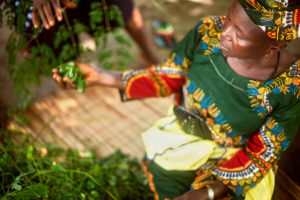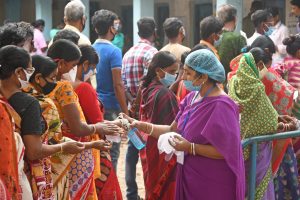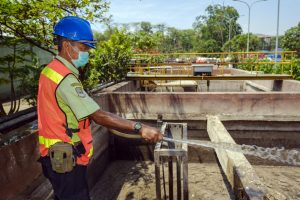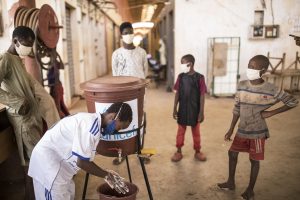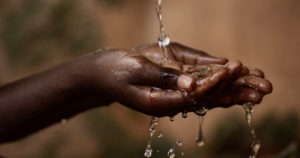The global COVID-19 pandemic has pushed millions of people back into poverty and exposed unacceptable gaps between the rich and the poor. One in three people are still not able to wash their hands with soap and water at home.
Close to 100 million people have fallen into poverty as a result of COVID-19, according to the World Bank. The pandemic has also made existing inequalities even more glaring. Handwashing campaigns became all the rage across the world during the pandemic revealing that one in three people still did not have access to clean water in their homes, and that one in four health care facilities lacked adequate water services.
A fundamental lesson from COVID-19 is that the world needs to increase investments in the provisions of basic water, sanitation and hygiene services (WASH) in the coming years. It is especially important to prioritise low-income households, vulnerable groups and access to sanitation in public spaces, including hospitals, prisons and schools.
During the pandemic, many countries invested in WASH services, recognizing that it is one of the most effective ways to prevent the spread of disease. However, overall progress has so far been mixed, according to the assessments carried out by SIWI and UNICEF. In many places, marginalized groups are still not getting the same access to safe water and sanitation as others.
Since the pandemic has led to both rising costs and falling incomes, the long-term financial sustainability of water utilities must also be addressed. Investments should be made in climate-proofing these services, as climate-induced weather extremes will only continue to put pressure on water utilities, and improved governance and regulatory frameworks should be implemented.
Although the global pandemic is the most profound shock to the global WASH systems to date, it is likely to be followed by even graver threats that we must prepare for.
The unexpected consequences of COVID-19
From agriculture to sanitation, water has played a key role in how countries have responded to the COVID-19 pandemic, which has profoundly impacted our lives. Watch Xanani Baloyi from SIWI’s office in South Africa and Lourdes Álvarez from the Colombia office as they share perspectives and lessons learnt from the pandemic in their regions.
This is an episode of SIWI Corner, a talk show during World Water Week 2021 where host Georgette Mrakadeh-Keane invited interesting guests to explore some of the world’s most important water topics.
